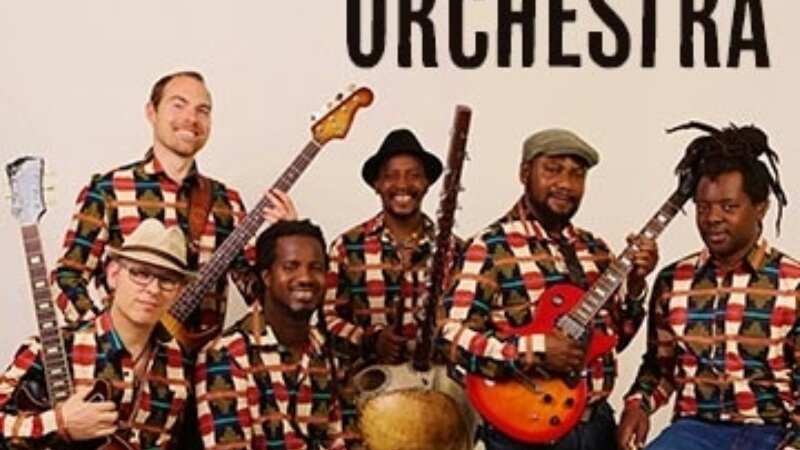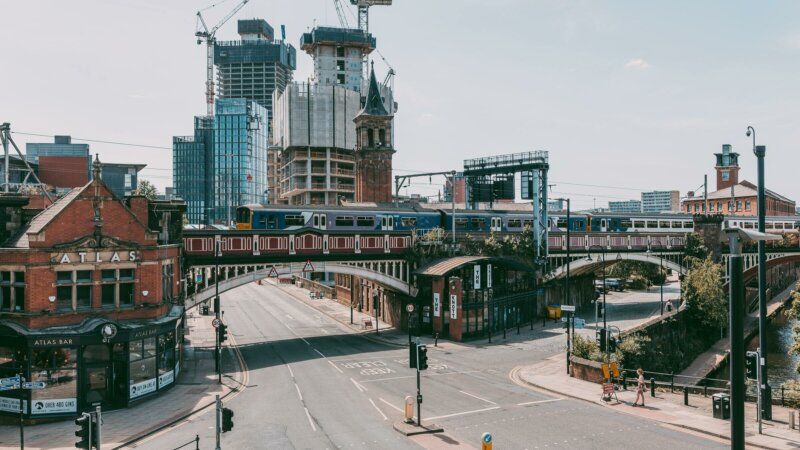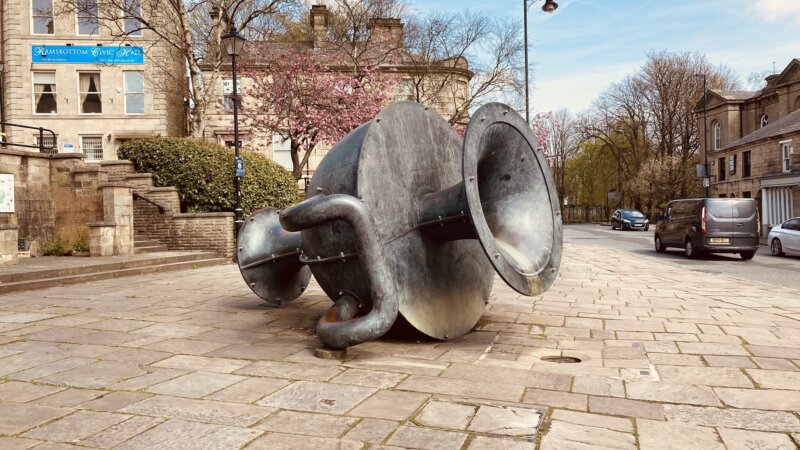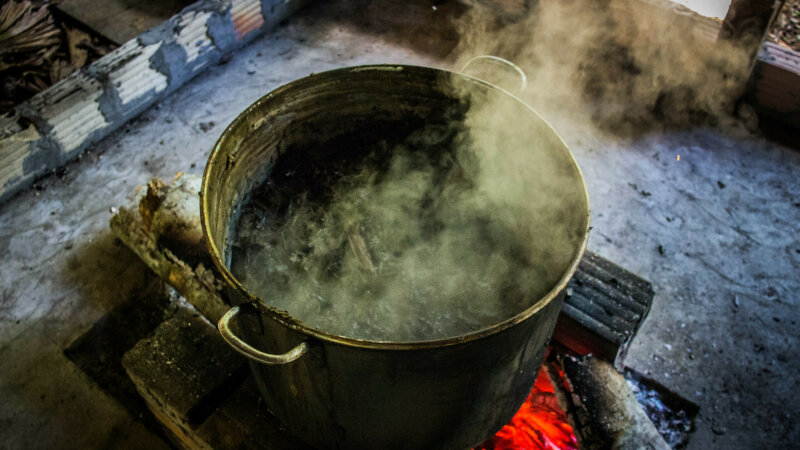Election Autopsy
In the Local Elections, as predicted, Labour and the Conservatives both saw large vote losses across Greater Manchester. However, the end results across most of the ten Metropolitan Councils showed little net change in seats between the two main parties, with Bury, Oldham, Rochdale, Manchester, Salford, Wigan, and Tameside seeing two or three seats change hands and the council compositions remaining almost identical.
As I wrote in last month’s issue, the councils to watch were Trafford and Stockport, where the gains and losses were more significant, despite there also being no change in terms of who will run the authorities – which were both Labour holds. However, both reveal what is happening to the relative support levels of both parties and the ‘realignment’ caused by Brexit, generational shifts in support, class divisions, and the liberal/conservative dichotomy.
In Trafford, the wards which make up the richer Altrincham and Sale West constituency saw swings towards the Greens and the Liberal Democrats, as the usual Tory vote seemingly rejected the hardline Brexit approach and ‘illiberal’ consequences of it. And the northern portion of the Council boundaries saw Labour sweep in across all their target seats. It is the first time Labour have controlled this Council since 2003.
In Stockport, the Liberal Democrats again saw their suburban heartlands in the Cheadle and Hazel Grove constituencies return under their control. Beating all their Conservative rivals in all but two of the safest seats, the Lib Dems now have the same number of seats on the Council as Labour. This will mean a lengthy and delicate process of deciding how the next administration will be formed. With support for the Lib Dems now returning to pre-2015-wipeout levels, it seems that Brexit will be the death (locally) of the Conservatives in the leafier portions of Greater Manchester.
The only council to change administrations was Bolton, where an unlikely and it would seem contradictory coalition has been formed between all parties with the exception of Labour, who saw their greatest loss in Greater Manchester in this authority. Falling well short of the 31 seats required for a majority, Labour lost control, with the Conservatives, Liberal Democrats, Localist groups, and even UKIP making a resurgence.
Appropriately, it may seem, in last month’s issue I had also calculated that Bolton saw the highest leave vote in Greater Manchester. It would then explain why UKIP saw a relatively large vote share increase of 8%. What it does not explain is the shocking formation of the new Council.
Bolton Council will now for the first time in 40 years be run by a Conservative administration. With the backing of Lib Dems and UKIP who will have to put aside the massive personal and political gulf between themselves in order to pass legislation.
The early signs are promising, as they have all managed to appear in the Council chambers together in a cringe-worthy photoshoot to sign a declaration of support for one another. Furthermore, as across the country, the unspoken story of election night was the success of independent candidates – Localists in this case – who now control the balance of power, with seven seats in total.
Milkshake Man: Tommy Robinson’s Quest to Become an MEP
In this year’s hotly contested, and some would say controversial, European Parliament Elections, noted banned-off-all-social-media far-right activist ‘Tommy Robinson’ has been campaigning around Greater Manchester. Hoping to be elected as part of the North West caucus, he is running as an Independent, but has courted support from previous political groups he has been connected to or campaigned with, such as UKIP.
His tour of the region has focused almost solely upon the string of towns around Manchester, with little activity in the city centre. He has held events in Brinnington, Stockport, Oldham, Wigan, and Bolton. Mainly visiting council estates or areas already labelled the most deprived, he has attracted crowds of hundreds in some cases – often leading to violent clashes or confrontations between his supporters and anti-racist campaigners and journalists. It was whilst out on one such campaign in Warrington that Robinson was dowsed in milkshake. It has since entered meme-level.
On the leaflets which have been delivered door-to-door and distributed at his rallies, Robinson claims he will donate “100%” of his MEP Salary to victims of child sexual grooming gangs. This has been criticised by victims themselves as well as fellow survivors of sexual abuse. It has also been labelled a clear dog-whistle, as in the past he has made grooming gangs synonymous with Muslim communities, and so this pledge would be a both a shot at his perceived enemies and a ‘heartfelt’ appeal to people who see that no justice has been given to the victims.
One key platform feature (which is in keeping with his past political strategy) includes his apparent adulation and unwavering support for the working class, who he states in his election literature have been let down and exploited by “elites” and liberal-minded individuals in an open conspiracy at the top of British Society.
However, a recent study by renowned election analyst Peter Kellner and former President of YouGov has identified a clear fault in Robinson’s approach of targeting typically Labour voters in typically Labour-voting areas/seats. Kellner has found that: “In the 2016 referendum, Labour supporters divided two-to-one in favour of remain. Today the ratio is three to one… This relates to a wider point. It has become commonplace to ascribe the leave victory in 2016 to the votes of working-class Labour supporters. This is misleading. Most leave voters live in Conservative constituencies. The Tory shires mattered more than Labour’s industrial heartlands.”
It is Robinson’s belief that he can appeal to those ‘left-behind’ in these poorer corners of Greater Manchester by the unequal economic recovery since 2008 and ‘get back at’ the establishment many feel are to blame for the hardships they have faced in a world changing fast beyond their control. In short, he hopes to rile an underclass of both non-voters and conservative-minded Labour voters to elect him so as to break into the “EU club” and represent the marked rightward trend in political discourse seen since the Brexit vote in 2016.
Lastly, although his chances still seem slim, many point to the fact that Nick Griffin of the British National Party won an MEP seat in the North West in 2009. Due to the electoral system used, Robinson may need as little as 8% of the vote in order to win his seat and claim a victory for his brand of faux anti-establishment populism.







